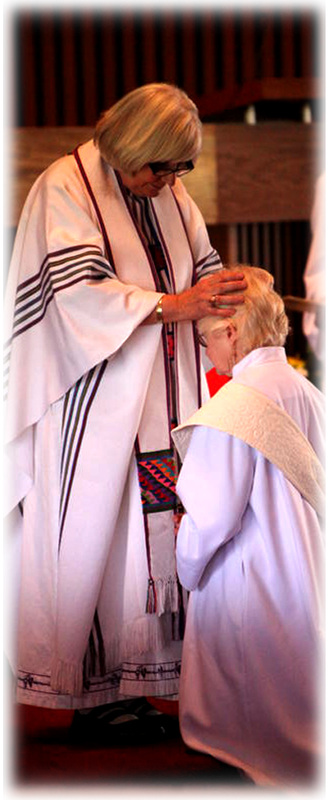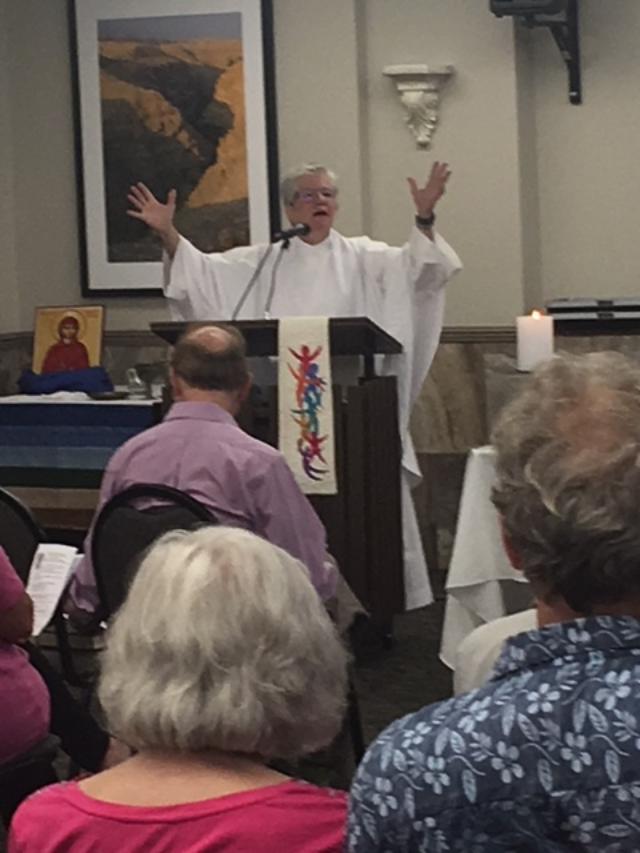“Give comfort, speaking tenderly, comfort to my people.” I think this is also God’s command to us today. It is God’s invitation to us to be prophetic, giving comfort to those afflicted by grief in our COVID exile, and try to help aid those in need due to lost jobs and closed businesses. But also to afflict the complacent and comfortable, those insulated by privilege and prosperity, to be aware of the pain of our neighbors and to work to correct the inequities of health care, educational opportunities, and government support that COVID has brought into such sharp focus.
“Give comfort, speaking tenderly, comfort to my people.” It seems to me that people are putting up their Christmas trees earlier than usual this year. We need some comfort, in our COVID sorrow, reassurance that Christmas will still come, though we will have to celebrate it differently, and that we can still communicate our love to our family and friends, and still enjoy memories of happier holidays. And here we run into the paradox of comfort and sorrow, of kindness and grief. Because the truth is, and Jesus taught this, as well as other wise sages over the centuries, that the more we can enter to into our own grief and especially into the trauma and sorrow of others, the greater our capacity for gratitude, and our ability to reflect that gratitude in the form of kindness and care. Sharing one another’s losses has a way of stretching us to cultivate more compassion. Jesus’ sharing of human suffering enabled him to share the ultimate love with all of us, and empower us to pass that love on. To lift the valleys and smooth down the mountains that separate us, to build the Beloved Community, the new Jerusalem, a little higher and a little stronger and a little more generous every day.
“Give comfort, speaking tenderly, comfort to my people.” Paul praised the Christians of Corinth for cultivating community, for passing on Jesus’ love and grace, for finding ways of forgiving one another and living in peace. For comforting one another in their common mission to build God’s love in their midst.
“Give comfort, speaking tenderly, comfort to my people.” And the passages from Mark and John’s gospels both interpret Isaiah’s prophecy, emphasizing John the Baptist’s and Jesus’ new efforts to make straight God’s ways, to teach a new generation to bear with one another, sharing one another’s sorrow in order to give comfort and create a more just society. To afflict the corrupt and those too comfortable with empire, with a baptism meant to brace them with the fresh oxygen of the Spirit’s breath, and ignite their hearts with the Spirit’s fire.
Let us be comforted this Advent. Let us wait in hope, though our hearts break for each COVID casualty. Let us search for ways to be prophets to one another, to comfort and to confront, to stand for compassion, as well as for reform and transformation. Let us speak tenderly to one another, embodying the voice in the desert, preparing God’s ways of love. “Give comfort, speaking tenderly, comfort to my people.”
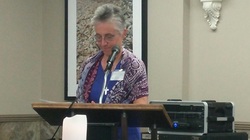
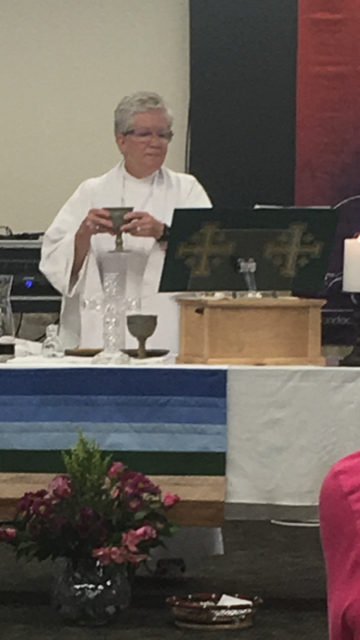
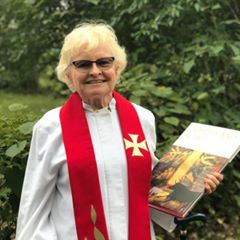
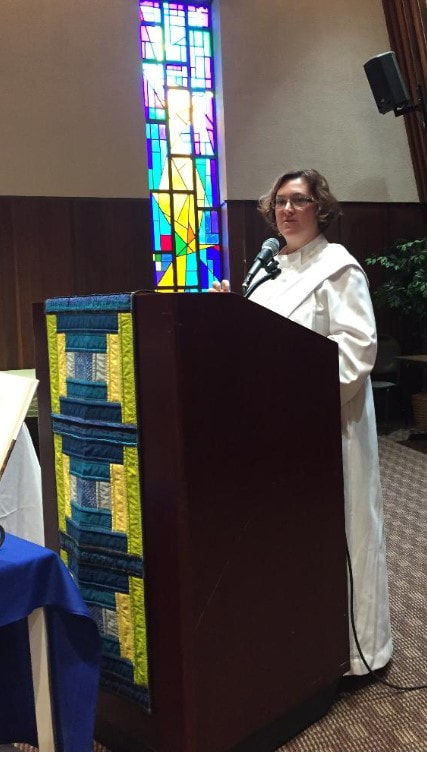
 RSS Feed
RSS Feed
